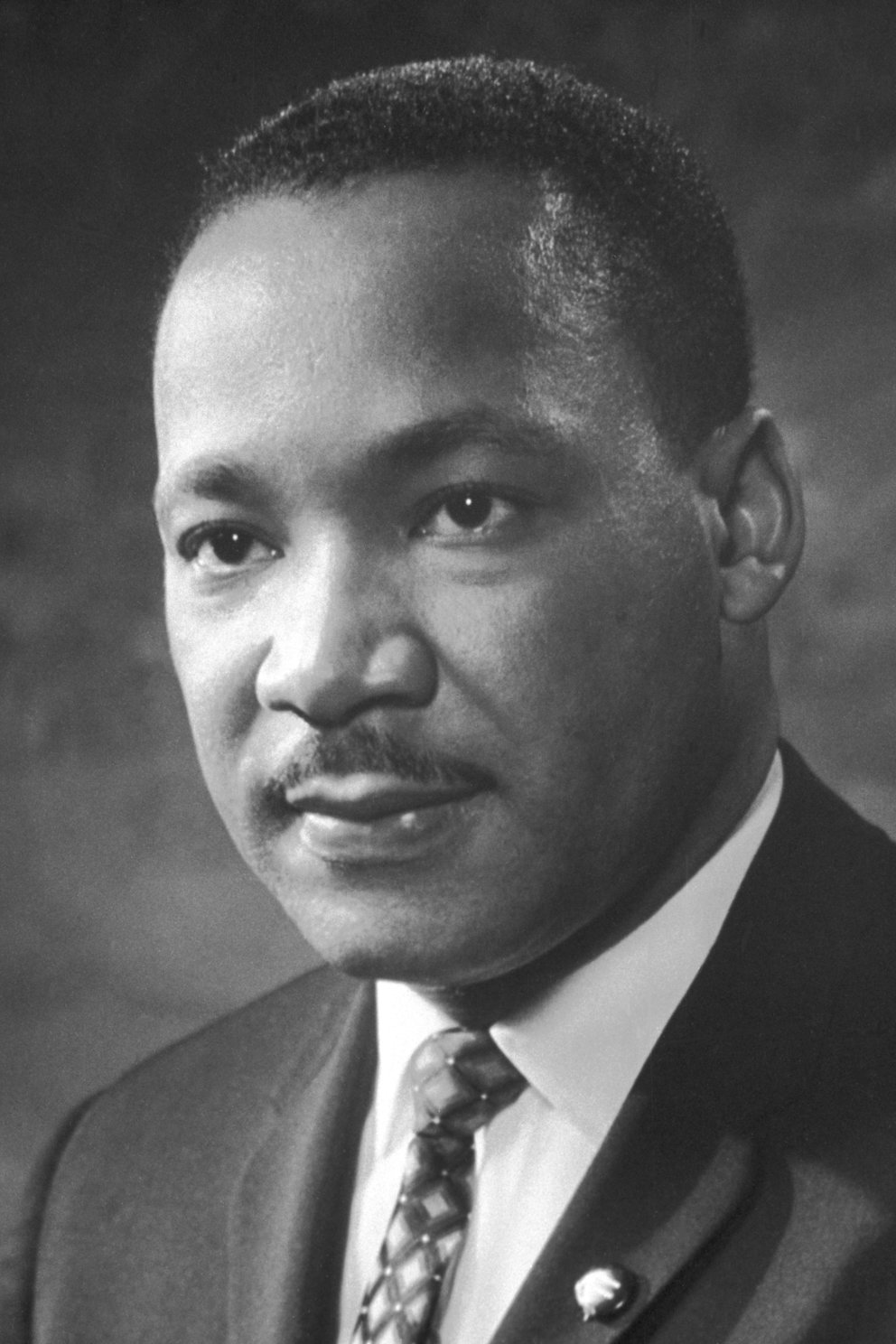Suggested Topics within your search.
Suggested Topics within your search.
informácie
37
Exclude matching results
priebeh
8
Exclude matching results
ciele
3
Exclude matching results
Moldava 2000 (názov podujatia)
2
Exclude matching results
Moldava nad Bodvou
2
Exclude matching results
hudba dychová
2
Exclude matching results
odpad tuhý komunálny
2
Exclude matching results
ples
2
Exclude matching results
prehliadka módna
2
Exclude matching results
program
2
Exclude matching results
ročník nultý
2
Exclude matching results
skládka odpadu, Vyšný Čaj
2
Exclude matching results
stavba ekologická
2
Exclude matching results
výroba
2
Exclude matching results
výsledky
2
Exclude matching results
výstavba plánovaná
2
Exclude matching results
účastníci
2
Exclude matching results
12.11.1997
1
Exclude matching results
13.-14.11.1997
1
Exclude matching results
18.7.1999
1
Exclude matching results
24.10.1997
1
Exclude matching results
Blažice (KS)
1
Exclude matching results
Cassovia Brass Parada, názov podujatia, Košice
1
Exclude matching results
Cassovia Brass Parade, názov podujatia, Košice
1
Exclude matching results
Deň Janky Guzovej (podujatie folklórne)
1
Exclude matching results
Ferrocentrum, Košice
1
Exclude matching results
Hutnícka druhovýroba, divízny závod, VSŽ Oceľ, s.r.o., Košice
1
Exclude matching results
Kojšov (GL)
1
Exclude matching results
Krajská konferencia o životnom prostredí, Košice
1
Exclude matching results
Kvalita ľudských zdrojov vo VSŽ (konferencia), Košická Belá (KS)
1
Exclude matching results
Martin Luther King Jr.
 Martin Luther King Jr. (born Michael King Jr.; January 15, 1929 – April 4, 1968) was an American civil rights activist and Baptist minister who was a leader of the civil rights movement from 1955 until his assassination in 1968. He advanced civil rights for people of color in the United States through the use of nonviolent resistance and civil disobedience against Jim Crow laws and other forms of legalized discrimination, which most commonly affected African Americans.
Martin Luther King Jr. (born Michael King Jr.; January 15, 1929 – April 4, 1968) was an American civil rights activist and Baptist minister who was a leader of the civil rights movement from 1955 until his assassination in 1968. He advanced civil rights for people of color in the United States through the use of nonviolent resistance and civil disobedience against Jim Crow laws and other forms of legalized discrimination, which most commonly affected African Americans.A Black church leader, King participated in and led marches for the right to vote, desegregation, labor rights, and other civil rights. He oversaw the 1955 Montgomery bus boycott and was the first president of the Southern Christian Leadership Conference (SCLC), leading the unsuccessful Albany Movement in Albany, Georgia, and helping organize nonviolent 1963 protests in Birmingham, Alabama. King was one of the leaders of the 1963 March on Washington, where he delivered his "I Have a Dream" speech, and helped organize two of the three Selma to Montgomery marches during the 1965 Selma voting rights movement. There were dramatic standoffs with segregationist authorities, who often responded violently. The civil rights movement achieved pivotal legislative gains in the Civil Rights Act of 1964, the Voting Rights Act of 1965, and the Fair Housing Act of 1968.
King was jailed several times. Federal Bureau of Investigation (FBI) director J. Edgar Hoover considered King a radical and made him an object of COINTELPRO from 1963. FBI agents investigated him for possible communist ties, spied on his personal life, and secretly recorded him. In 1964, the FBI mailed King a threatening anonymous letter, which he interpreted as an attempt to make him commit suicide. King won the 1964 Nobel Peace Prize for combating racial inequality through nonviolent resistance. In his final years, he expanded his focus to include opposition towards poverty and the Vietnam War.
In 1968, King was planning a national occupation of Washington, D.C., to be called the Poor People's Campaign, when he was assassinated on April 4 in Memphis, Tennessee. James Earl Ray was convicted of the assassination, though it remains the subject of conspiracy theories. King's death led to riots in US cities. King was posthumously awarded the Presidential Medal of Freedom in 1977 and Congressional Gold Medal in 2003. Martin Luther King Jr. Day was established as a holiday in cities and states throughout the United States beginning in 1971; the federal holiday was first observed in 1986. The Martin Luther King Jr. Memorial on the National Mall in Washington, D.C., was dedicated in 2011. Provided by Wikipedia
-
1Article
-
2Article
-
3
-
4Article
-
5Article
-
6Article
-
7Article
-
8Article
-
9Article
-
10
-
11Article
-
12Article
-
13Article
-
14Article
-
15Article
-
16Article
-
17Article
-
18Article
-
19
-
20Article